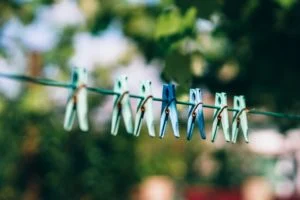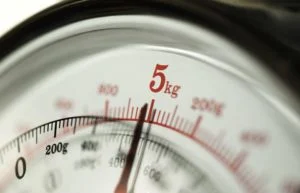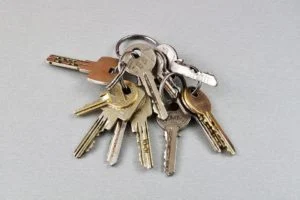
Signs that your aging parents need help
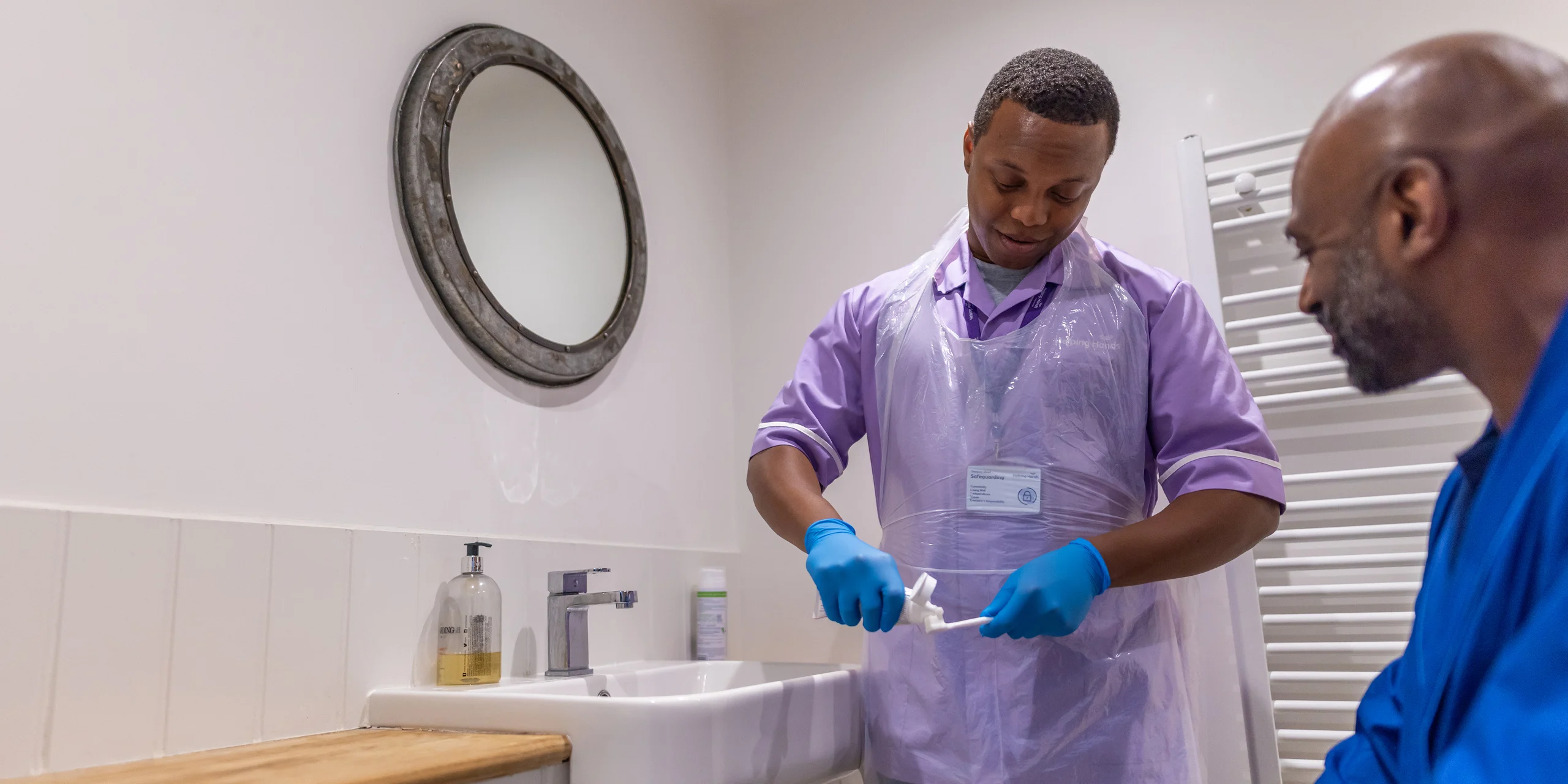
Growing older, is, for most of us a fact of life.
And one which does not necessarily come without its difficulties. It can be upsetting to watch our loved ones age, and potentially change. But it doesn’t necessarily mean that things have to change, or you have to compromise your former way of life.
Accepting support can help you to embrace these changes, and working with them to maintain independence and your usual high quality of life.
There are a number of things to keep an eye out for that could suggest your elderly relative might be needing some extra support for themselves or around the house.
Things to look out for include: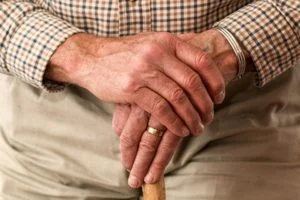
Neglecting personal hygiene
Noticing a decline in hygiene levels, or lack of desire to keep on top of that sort of thing could highlight the need for some encouragement at home. We all know that our elderly relatives can be proud, and stubborn and sometimes this stubbornness can take over!
It can be quite a shock to notice that your mum or dad has decided against washing their hair for a week or so, or decides that a food spillage on an item of clothing is nothing to worry about. Prompts, encouragement or even direct help with personal care can be put in place to keep on top of on any hygiene concerns that you may have.
To support one of your parents with their personal care is a big step, and a boundary that lots of people do not feel comfortable crossing. A home care provider such as ourselves can eliminate some of the embarrassment of having a conversation about personal hygiene, and also get the much needed support in to place.
An unkempt home, and ignored chores
Sometimes it is the smaller things in home life that make the biggest difference. An untouched pile of laundry, dirty dishes abandoned in the sink, muddy footprints dried on the floor. Keeping on top of the housework and day to day running of a home can become exhausting, and no longer a priority.
This could be due to illness or because supporting each others’ wellness takes priority, when in your younger years this wouldn’t have been as high a consideration. Your quality of life can be greatly affected by your environment. Domestic help, or running errands could become the job of your carer. It doesn’t have to take a long time, and doesn’t have to encroach on your personal space more than necessary. You could have some support on a weekly, or even fortnightly basis to help you keep on top of the jobs that are becoming more strenuous than they once were.
Fluctuating Weight
A sudden change in your parents’ weight is something to pay very close attention to. Monitoring for any unintentional, rapid loss of weight can be a good way of keeping on top of your parents’ health in general.
Malnutrition, although not the same thing as weight loss, can go hand in hand with a sudden decline or increase in weight. But can also be a sign of other underlying health problems.
It’s a good idea to regularly monitor your parents’ weight if you are noticing any changes. Remember, they can have help at home with cooking, feeding and nutrition on the whole to ensure they are staying as fit and healthy as possible. According to the website ‘Better Health While Aging’ the general rule when monitoring weight is that unintentionally losing 5% of one’s original body weight over the course of 3-6 months is cause for concern.
You should also keep an eye out for appetite loss, or a noticeable decline in energy or strength to get around.
A decline in their cognitive state
You will know from your experience with the elderly, that as they age, their mental capacity isn’t guaranteed to stay as sharp as it once was. Forgetfulness or repeatedly losing track of things could be a sign of an underlying problem such as dementia, but it’s important to remember that this is not necessarily the case. There are a few things to look out for that could suggest your elderly parent or loved one is need of some extra support:
The constant misplacing of things 
To forget where your keys are once or twice can be frustrating! But you might start to pick up on the fact that your mum or dad is losing the same thing over and over again, and it is in a very obvious place. Misplacing something, or forgetting where things are repeatedly can be a sign that your parents could benefit from some light support at home.
Miss-paid or unpaid bills
Forgetting about or ignoring bills can be another sign that your family needs some help. Gentle prompts or reminders can go a long way in helping your relatives stay on top of what they need to do to keep things ticking over nicely.
Memory lapses
Spells of forgetfulness, or black-out periods can certainly be cause for concern. You worry that your mum or dad could be at risk if they are unaware of what they have been doing or where they were. Depending on the severity of this you might want to get some care in to place to keep your parents safe when you are not able to be there. Consider a few visits a day to keep an eye on things, or a full-time live-in carer for constant support and supervision.
Getting older can be scary, and we all worry about our parents or older relatives throughout our lives regardless of their age. But old age, and the difficulties that come with it do not have to mean the end of their independence or a dangerous, or unclean living condition. Implementing a light level of support can really make a difference to your elderly parents’ lives, ensuring they have someone there even when you’re not able to be.

Jonathan joined Helping Hands in May 2021 in the middle of the Covid pandemic and has been part of the content team ever since, specialising in creating a great experience for visitors to our website. On weekends, you can find him at the nearest golf course or watching rugby.
Latest articles





